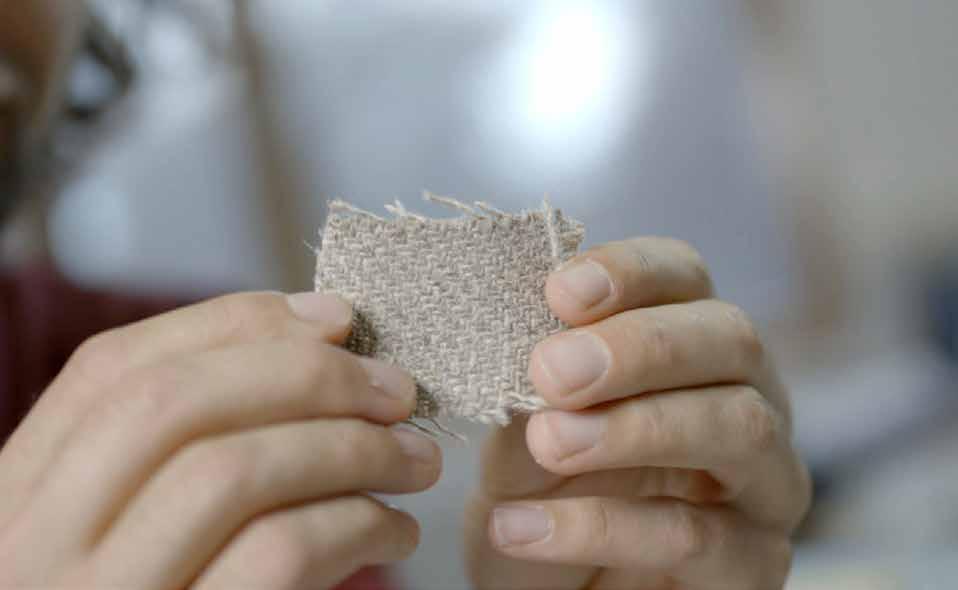
2 minute read
Paddleboard made from renewable lightweight materials
from IM20214EN
Stand-up paddle board made from renewable lightweight materials
Wood fibres (Photo: Fraunhofer)
Advertisement
Conventional surfboards are made of petroleum-based materials such as epoxy resin and polyurethane. Researchers at the Fraunhofer Institute for Wood Research, Wilhelm-Klauditz-Institut, WKI, want to replace plastic boards with sustainable ones by developing a stand-up paddle board that is made from one hundred percent renewable raw materials. The ecological lightweight material can be used in many ways, such as in the construction of buildings, cars and ships.
In the so-called ecoSUP project, the Fraunhover scientists are aiming for the development of a stand-up paddle board that is made from 100 percent renewable raw materials and which is also particularly strong and durable. The project is funded by the German Federal Ministry of Education and Research (BMBF). The Fraunhofer Center for International Management and Knowledge Economy IMW is accompanying the research work, with TU Braunschweig acting as project partner.
The standard plates from which conventional paddle boards are made, consist of a polystyrene core, reinforced with fiberglass and sealed with an epoxy

recycled balsa wood for the core. This has a very low density and yet mechanically stressable. For that reason, it has been used in large quantities in wind turbines for many years. But wind turbines are also being dismantled and scrapped - 6000 in 2020 alone - and a large part of the waste material is incinerated, including the balsa components.
Recovering the balsa wood from the rotor blade is not easy. Balsa is firmly bonded to the glass-fiber reinforced plastic (GFRP) of the outer shell. Franhofer WKI developed (and patented) a method in which the wood is separated from the composite material in an impact mill. The density differences can be used to split the mixed-material structures into their individual components using a wind sifter. The balsa wood fibers, which are available as chips and fragments, are then finely ground. In this process, the wood particles are suspended to form a kind of batter and processed into a light yet firm and stable wood foam. The addition of adhesive is not required. The density and strength of the foam can be adjusted. Since the entire sandwich material used in conventional paddle boards is to be completely replaced, the shell of the ecological board is also made from one hundred percent bio-based polymer. It is reinforced with flax fibers.
Initially, the researchers are focusing on stand-up paddle boards. However, the hybrid material is also suitable for all other boards, such as skateboards and even as a facade element in the thermal insulation of buildings.
Fraunhofer>

Knowledge and networking event
Materials+Eurofinish+Surface 2021
The central meeting place in the Benelux with all the aspects for a good and durable final product

15 and 16 September 2021 09.30 a.m. – 5.00 p.m. Brabanthallen, ‘s-Hertogenbosch (NL)
Free entrance Register directly via www.materials-eurofinish-surface.com
More info:
www.materials-eurofinish-surface.com
This you can discover:
• Inspiring exhibition floor with over 100 exhibitors • Focus on materials, analysis, bonding and surface techniques • Extensive and high-quality conference program • International Meet & Match • Demonstrations and innovations • VIP Meeting Areas • Presentation of the Borghardt Award • Simultaneously with Kunststoffenbeurs • Simultaneously with Nederlandse Metaaldagen
Organization:

